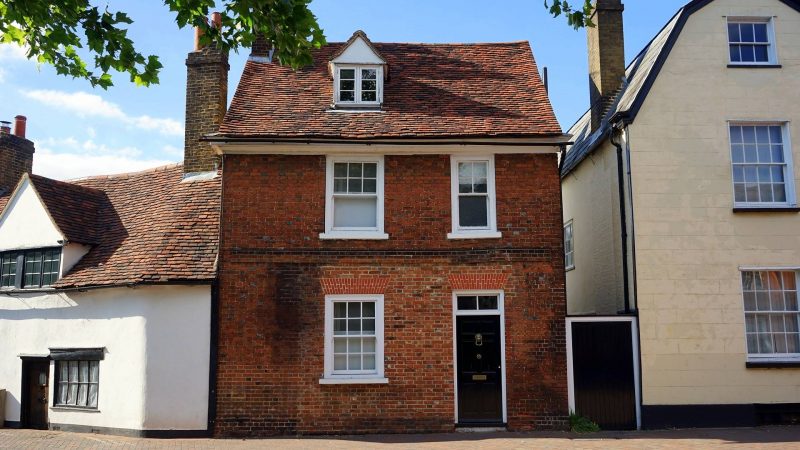As a new landlord, you’ll want to make the most of your rental property investment by maximising your income and keeping any costs to a minimum. A good place to start is ensuring your property has a suitable level of coverage to protect you against unexpected events so it’s a good idea to shop around for landlord insurance quotes to make sure you get the best possible deal.

Quotezone.co.uk suggest you to decide what kind of tenant you want to attract and then adapt the property accordingly. If, for example, you like the idea of renting to a young family as tenants, you can decorate one of the bedrooms to make it appeal to adults while others can be in brighter, more playful colours in order to appeal to children. If the property is being rented on a furnished basis, second and third bedrooms should be fitted with single, twin or bunk beds.

If, on the other hand, you want to rent the property out to students, each bedroom should have at least a double bed and, ideally, a small desk and chair. You would also want to allow for more seating in the living room and kitchen as these are likely to be popular communal areas.
Your choice of tenant will affect the level of wear and tear on the property during the term of the rental. If your tenants are a professional couple, for example, they will both be away from the property for the majority of the week during working hours. If, on the other hand, you rent to a family with several young children, one of the parents and some of the children are likely to be at home all day long, significantly increasing the level of usage. Therefore, to keep your property in check, you can hire a property manager to oversee and inspect the building on a regular basis.
Although you will take a deposit from your tenants and have to right to make some deductions from this at the end of the tenancy, some level of wear and tear is expected, and you will have to cover the cost of this yourself.
You will also need to decide whether to allow pets to be brought to your property. If you do so, it’s a good idea to ensure that any damage caused by such an animal is covered by your insurance, regardless of whether your lease stipulates that it is the responsibility of the tenants. This is especially important if, for example, a dog chews some of the soft furnishings or has an accident on the carpet at some point. To avoid on losing out, you should consider buildings and content insurance.

You should also be aware that the kind of tenant will also affect the lifespan of the appliances you choose to install into the home. A family will be likely to be doing far more washing, for example, than a young professional couple, meaning you may need to replace a washing machine far sooner.
As a landlord, you can expect to have to undertake redecoration and basic repair work to return the property to a high standard at the end of each tenancy in order to make it attractive for new renters.
Renting out your property changes your access to it as there are strict rules and regulations around access for landlords. Although the property still belongs to you, you no longer have the right to enter it as and when you please. Tenants have the right to be given a reasonable amount of notice before you undertake an inspection.
For more information on what has been stated as above, read the following infographic by quotezone.co.uk on how to be a reputable landlord.

Collaborative Post
